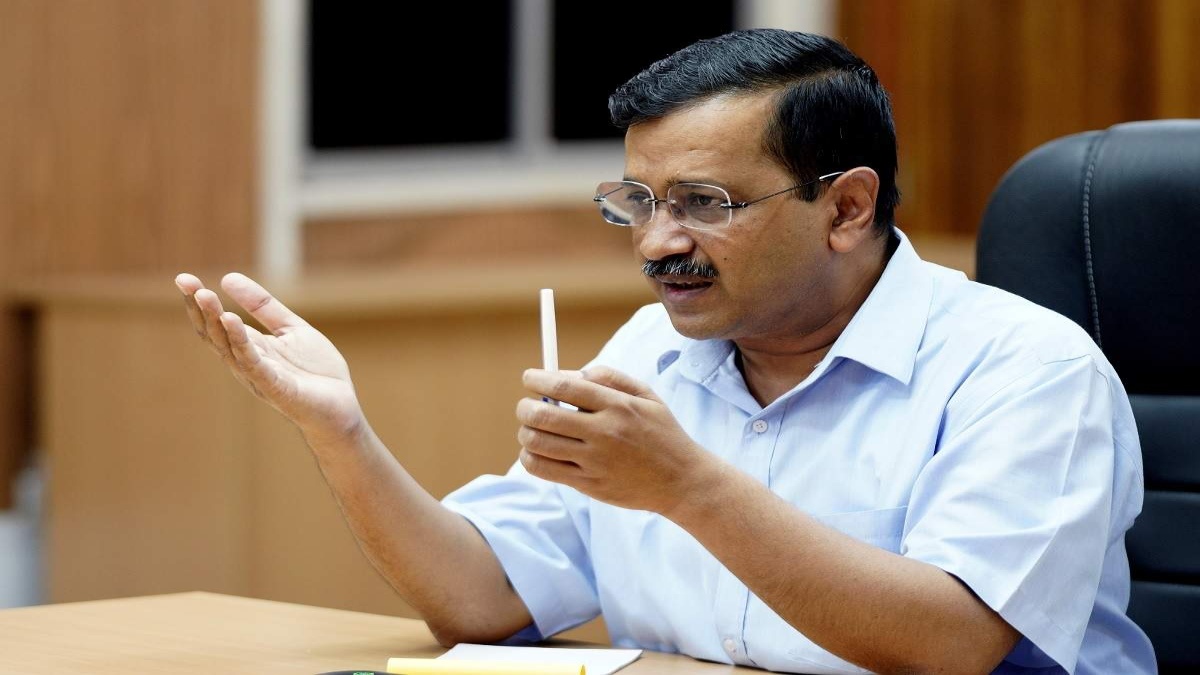


Amid increases in the prices of power production in the national capital, Delhi Chief Minister Arvind Kejriwal said that the public will not be affected by the inflation in the city on Monday.
The state government will continue its electricity subsidy scheme providing 200 units of free electricity to the households opting for it. “The government’s relief will continue. Free electricity will remain available under the electricity subsidy,” said Kejriwal.
Under the electricity subsidy, utilisation of up to 200 units of electricity remains free, while those utilising between 201 to 400 units of electricity receive approximately 50 per cent subsidy.
The Power Purchase Adjustment Charge (PPAC) has been increased by around 4 per cent with effect from 11 June, as per the approval of the Delhi Electricity Regulatory Commission (DERC).
PPAC is an additional charge given to production companies by DISCOMs to compensate for variations in the market-driven fuel costs, on account of increases in coal and gas prices.
The increase in PPAC has come ahead of the inflated prices of imported coal by the central coal generating stations, increased prices of gas, and high prices of power exchanges, which had reached almost Rs 20 per unit before being capped by the Central Electricity Regulatory Commission (CERC) to Rs 12 per unit.
As per the power distribution company DISCOM officials, the PPAC is levied to balance the increase in fuel prices. According to officials, since 2002, the cost of buying power for Delhi DISCOMs has increased by around 300 per cent, a cost over which DISCOMs have no control, whereas the retail tariff has risen by around 90 per cent in the corresponding period.
As per DISCOM, timely review of the PPAC is a requirement under the Electricity Act, DERC’s own tariff orders and Appellate Tribunal for Electricity (APTEL) orders.
The Central Electricity Regulatory Commission allows the central public service power generation companies like the National Thermal Power Corporation (NTPC), National Hydro-Electric Power Corporation (NHPC), and transmission companies to review the PPAC on a monthly basis. On the other hand, Delhi DISCOMs review the PPAC on a quarterly basis.